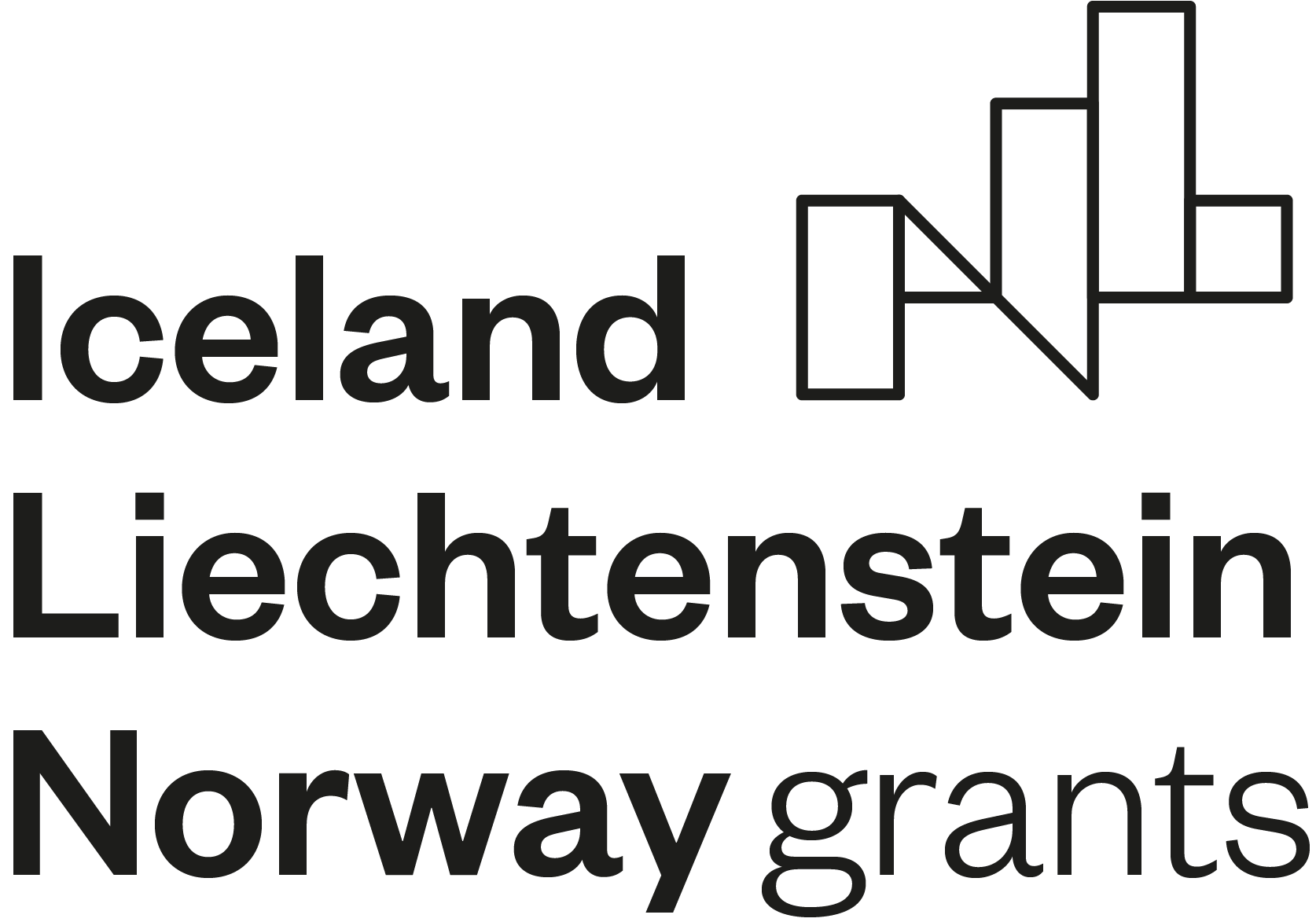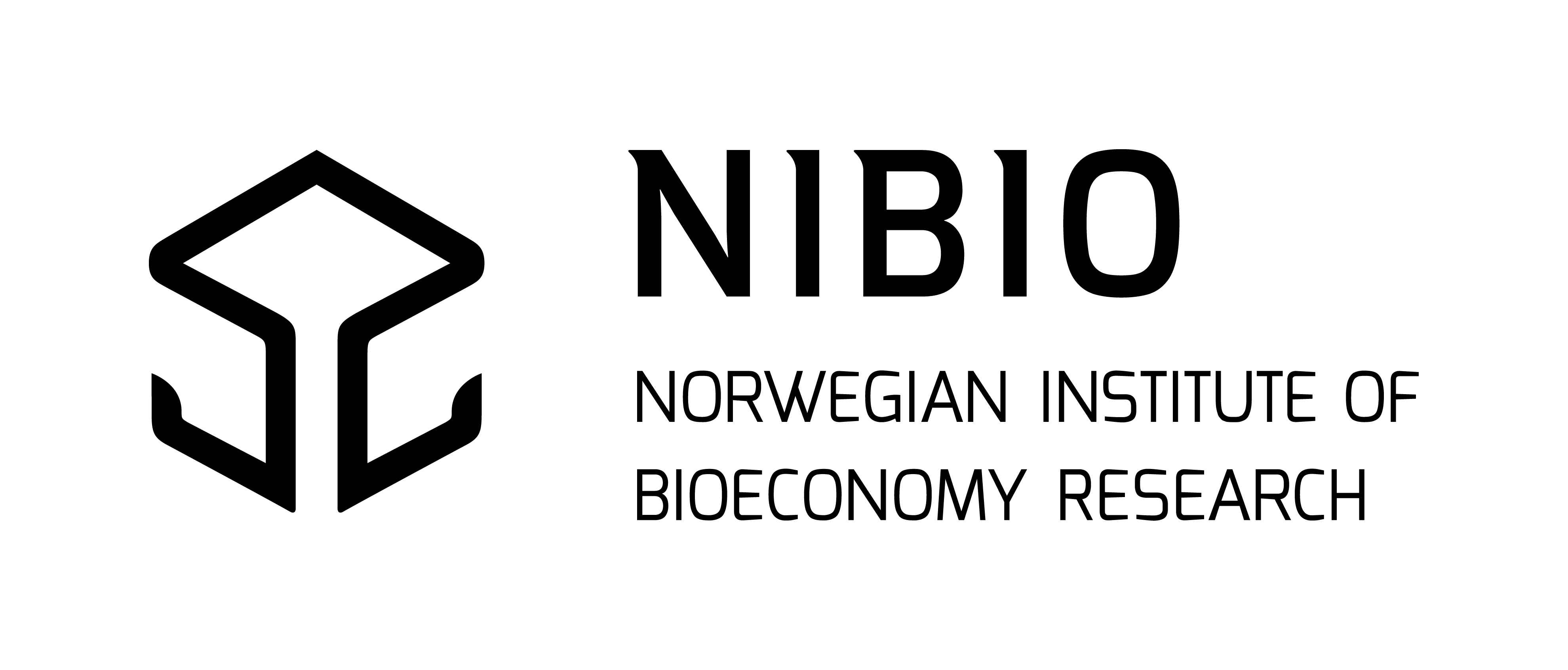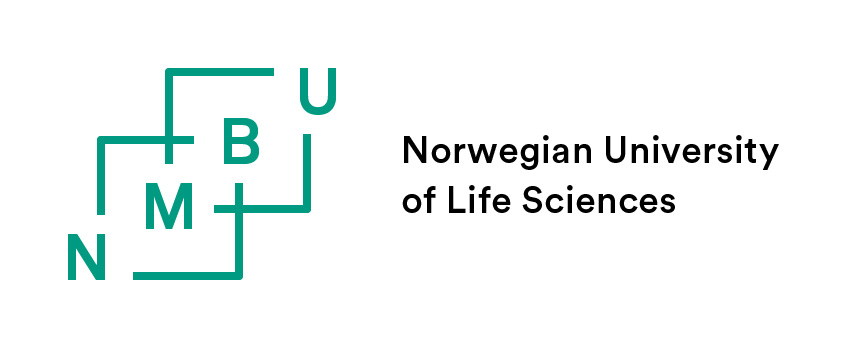Learning by doing - transfer of know-how in monitoring tree vitality. Czech-Norwegian cooperation in forestry education
EHP-CZ-ICP-3-016

Project provider: Fondy EHP a Norska: program Vzdělávání Fondů EHP 2014-2021
Solution period: 1/10/2021 - 30/9/2023
Project participants:
- main participant: Mendel university in Brno (responsible person: Roman Gebauer)
- project partners: Norwegian Institute of Bioeconomical Research (NIBIO), Norwegian University of Life Science (NMBU)
Forestry is changing dramatically as European forests face devastating losses caused by global change and emerging pests and pathogens. These threats cause severe habitat loss, reductions in forest carbon sink strength and biodiversity, economic losses to the forestry sector, and subsequent socioeconomic impacts (including reductions of most types of ecosystems services). Forests cover about one third of Europe’s total land area and provide diverse benefits to European citizens. However, the forestry sector with its products and associated businesses, ecosystem services and social aspects are all threatened by forecasted changes in global climate. As such, forest health is “hot topic” in the society and there are often opposing groups dominating the public debate, usually based on subjective assessments. In modern forestry we already have several recently developed instrumental techniques that give precise, objective measurements of different vital functions in trees. The aim of our project is to motivate and teach forestry students to take science-based decisions regarding the future of European forests by introducing them to direct, hands-on experience with the latest vitality monitoring equipment for forest trees. We will select experimental sites both in Czech Republic and in Norway, install state-of-the-art monitoring equipment and measure key tree vitality functions. Students will be involved in site-selection, installation of equipment, measurements, data interpretation and communication of the results. By giving the students direct hands-on experience with the latest equipment, they will get access to objective data sets, develop their ability to interpret data, and learn how to communicate their findings to the public. In addition to student’s theses based on the obtained data, we will provide students with a global overview of state-of-the-art methods to assess forest health. This will increase the students’ ability to make sound management decisions. Finally, the project will strengthen international cooperation on the vital topic of forest health.








